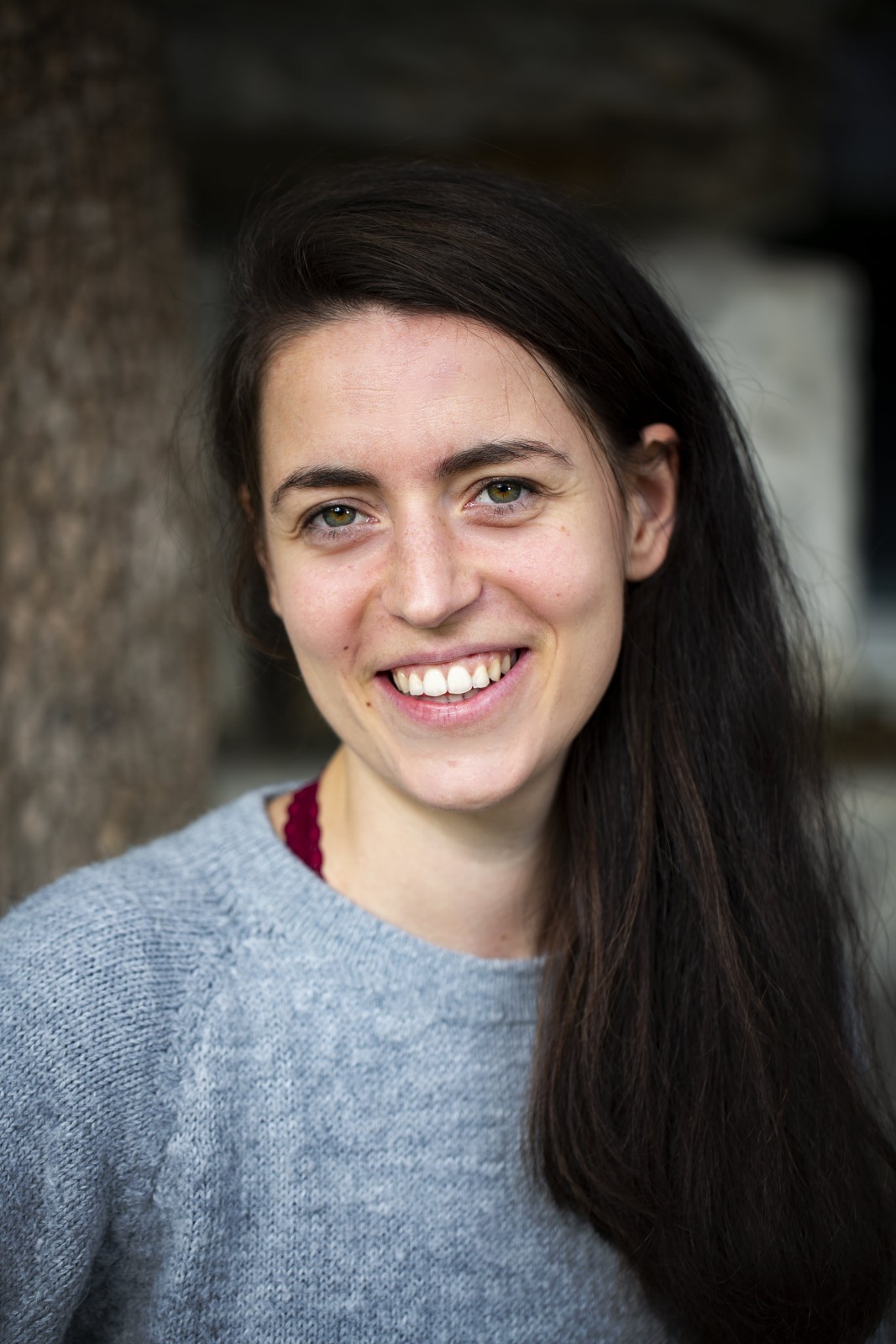Marion Risse

Marion Risse
Student / Programme Doctorate at D-USYS
Additional information
Research area
As a PhD student, my research dives into the world of disease vectors, focusing on how variations in human body odor attract mosquitoes. Using gas chromatography - mass spectrometry and powerful statistical analysis tools, I uncover crucial odor compound changes in women throughout their menstrual cycle and pregnancy, and how these shifts influence the attraction of the malaria vector, Anopheles gambiae.
Historically, women have been underrepresented in biological and medical research, leading to significant gaps in understanding that impact women's health. For example, pregnant women are more vulnerable to malaria, which can result in serious health issues like reduced birth weight and higher infant mortality rates. My research aims to bridge these gaps by exploring how female skin volatiles affect mosquito attraction, with a focus on disease transmission using Anopheles gambiae mosquitoes.
2021 - now: PhD student at the Biocommunication Group, D-USYS, ETH Zurich
2017 - 2020: MSc in Biology specialization in Ecology and Evolution, ETH Zurich
2013 - 2016: BSc in Biology and Ethnology, University of Neuchâtel
Honours
| Year | Distinction |
|---|---|
| 2025 | Highly Commended Talk: ‘The impact of the menstrual cycle on human skin volatile profiles and mosquito preferences‘ at the Joint Parasitology Spring Meeting |
Additional information
Research interests
Chemical ecology, insect behavior, vector-borne diseases, gas chromatograpy - mass spectrometry, female biology.
Publications
Hertaeg, C., Risse, M., Vorburger, C. et al. (2021). Aphids harbouring different endosymbionts exhibit differences in cuticular hydrocarbon profiles that can be recognized by ant mutualists. Sci Rep 11, 19559. https://doi.org/10.1038/s41598-021-98098-2
Haye, T., Zhang, J., Risse, M., & Gariepy, T. D. (2021). A temporal trophic shift from primary parasitism to facultative hyperparasitism during interspecific competition between two coevolved scelionid egg parasitoids. Ecology and evolution, 11(24), 18708–18718. https://doi.org/10.1002/ece3.8483
Student projects
If you are interested by my research and looking for a project (bachelor or master), do not hesitate to contact me.